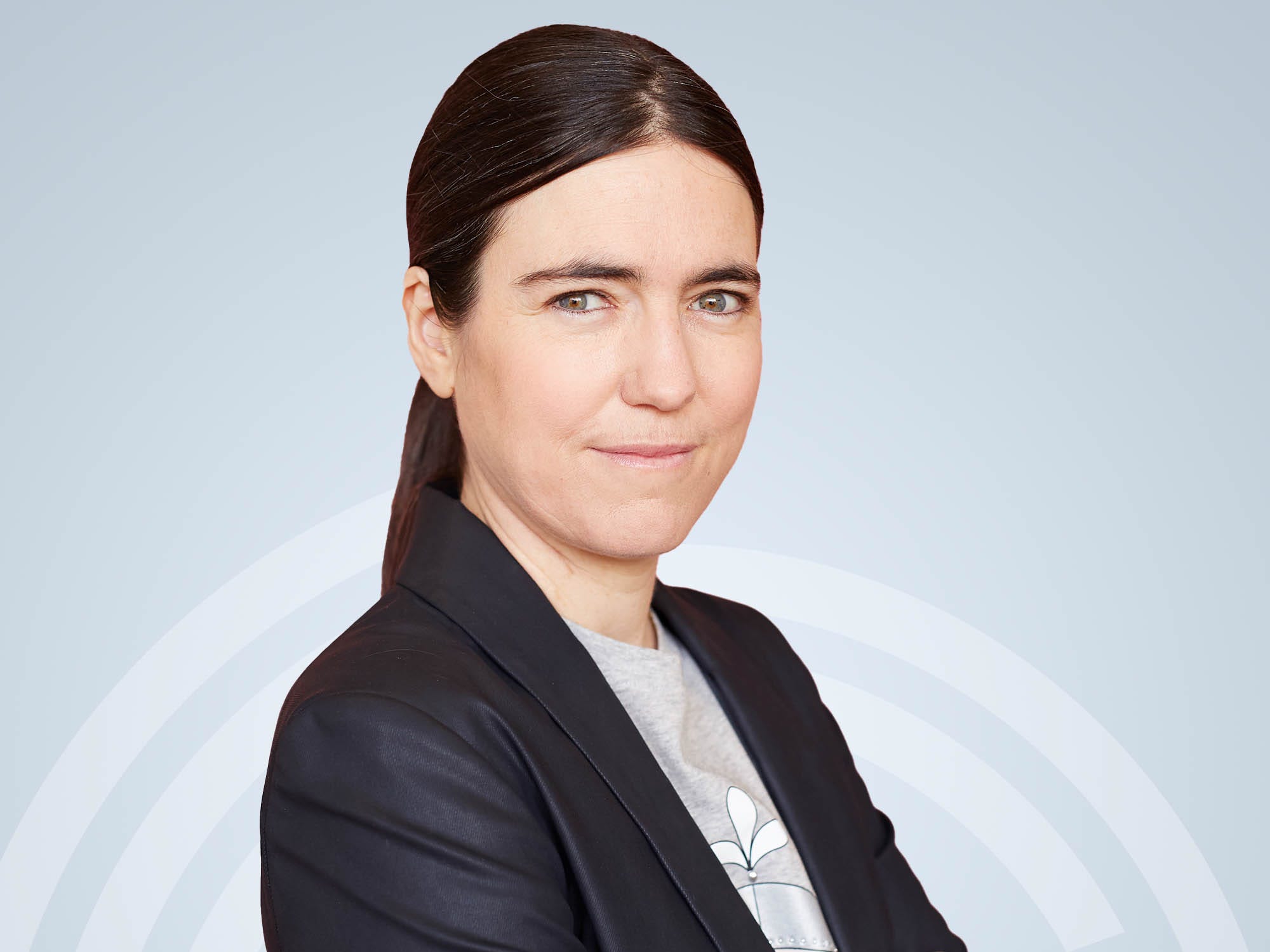
- Raquel Urtasun used to work on self-driving tech at Uber's Advanced Technologies Group.
- But earlier this year, she founded her own self-driving business: Waabi.
- Here's what Urtasun says the industry needs to do to move forward.
- Visit Insider's Transforming Business homepage for more stories
Earlier this year, Raquel Urtasun founded Waabi, a self-driving startup headquartered in Toronto. She was once known as chief scientist at Uber's now defunct self-driving program. But now, backed by $83.5 million in Series A funding, Urtasun is leading Waabi in developing self-driving technology for long haul trucking. She's taking an approach different from that she's experienced throughout her career, and is driving her company with artificial intelligence.
Urtasun spoke with Insider about her approach to this elusive technology, the key lessons she's learned throughout her career, and how the industry can improve its approach to self-driving.
This conversation has been edited for length and clarity.
What have you learned from Waabi and your career?
Pursuing a passion is something that is very hard but at the same time it's extremely rewarding. I think the thing that has been very useful as a lesson learned is to really persevere and to never give up. No matter how difficult something looks, everything is possible. That's something I have applied to the creation of Waabi, and has really enabled us to create and build this company super, super fast.
One of the things that I learned is that, if you look at the industry in self-driving today, we've seen some meaningful progress, but we're very far from commercial deployments at scale.
What we're doing at Waabi is utilizing all the lessons learned over the past two decades, to really look at self-driving 2.0, look at self-driving with a 2021 lens.
Do you have advice for anyone looking to make a name for themselves in the industry?
In general, every time that you start something from scratch, you need to build everything. So I think this is one of the challenges, but actually, if you have already a vision of the technology that you want to build and you know exactly what it is, you can actually execute on developing this technology fast. The choice of doing this in a different company, a new company versus doing it in a very large company is, it's an incredible accelerator and it's actually much simpler to do so by really starting everything from scratch.
Be different, think different, and be creative. Don't lose your creativity, your diversity, just because everybody's thinking the same way.
Where can the self-driving industry improve?
Oftentimes people get confused. They think that "if I use AI somewhere, I have an AI-first approach." This is something that needs to be demystified. Meaning that, yes, we see the deployment of AI, but it has, really, a secondary role. It's used to perform a small task. In order to really solve this very difficult problem, we need a holistic approach.
This is for me, one of the biggest accelerators that I've seen. Everything is just focused on: We all have the same goal and it's to really bring this technology to life, because it's really going to change the world as we know it today.
What else is important for people in the industry to keep in mind?
There's a need for accountability and transparency in this industry. We've seen a lot of promises. We should talk more about truly what the technology is, what is difficult for the system to handle, and then showcase from a scientific perspective also how the technology works. This is something that I intend Waabi to really be leading in the industry, and I think it's extremely important so that you earn the trust of both the regulators but also of the people that are going to leverage this technology.

